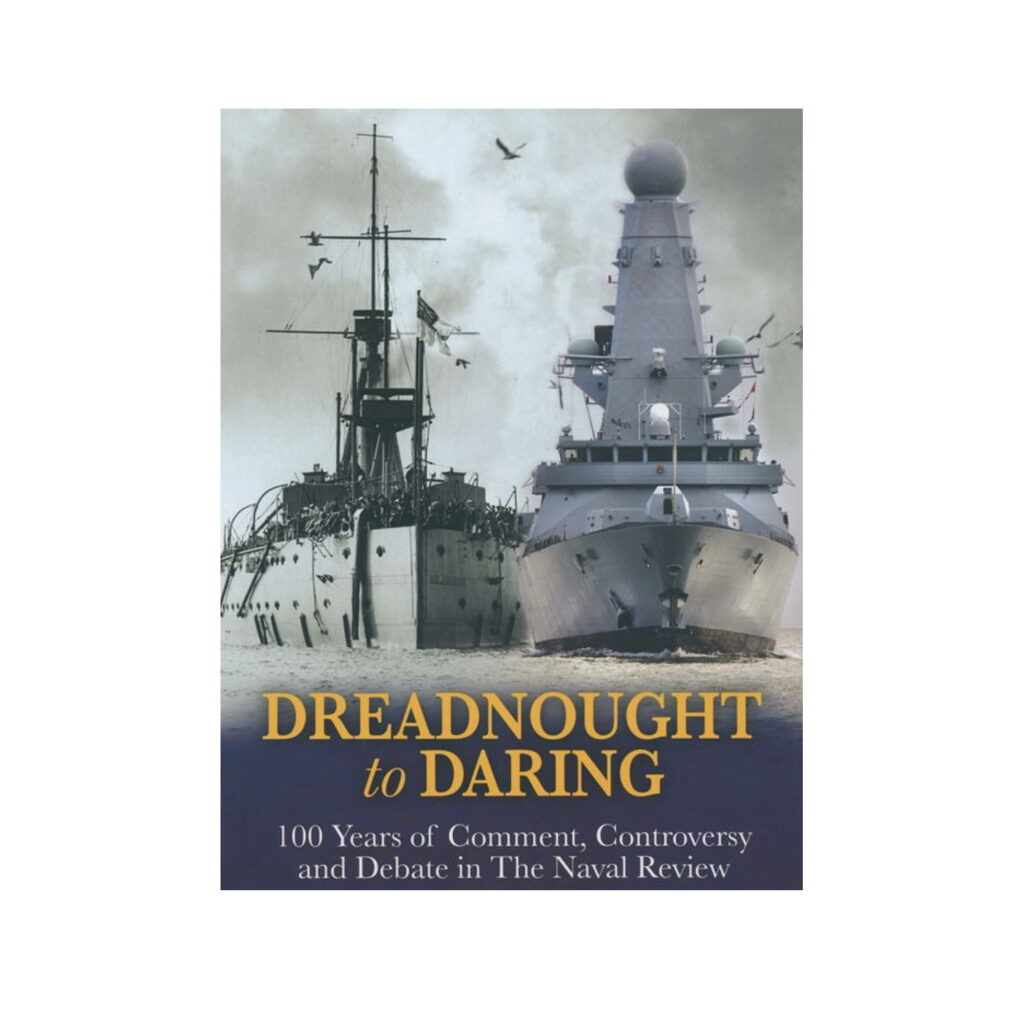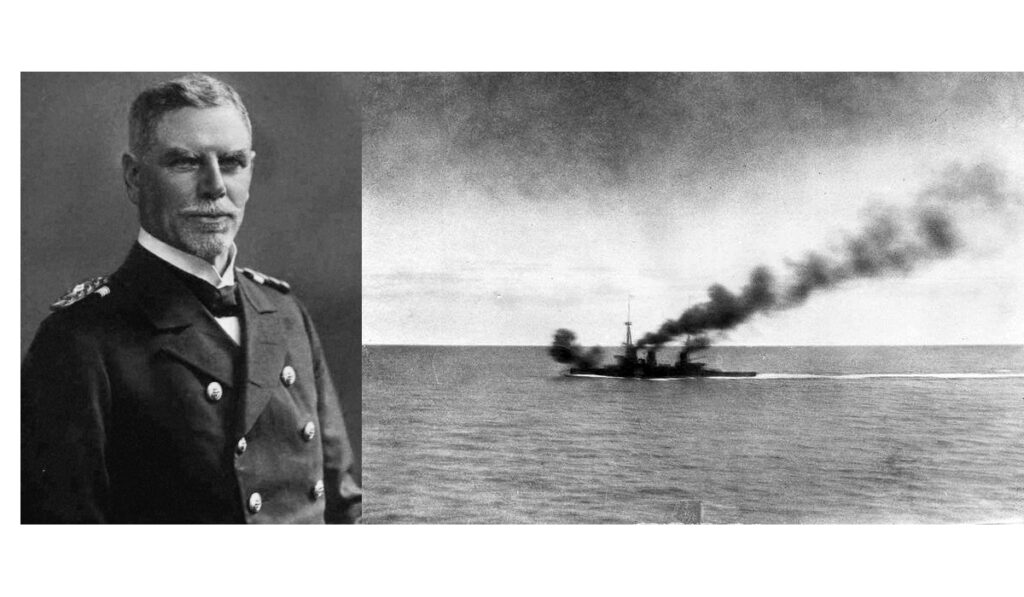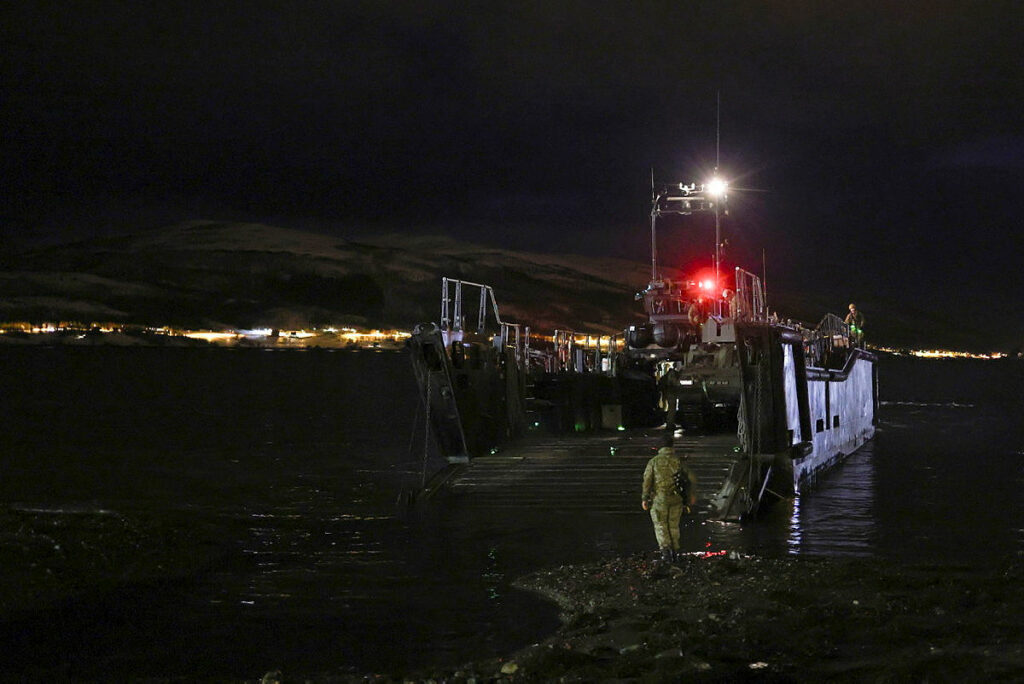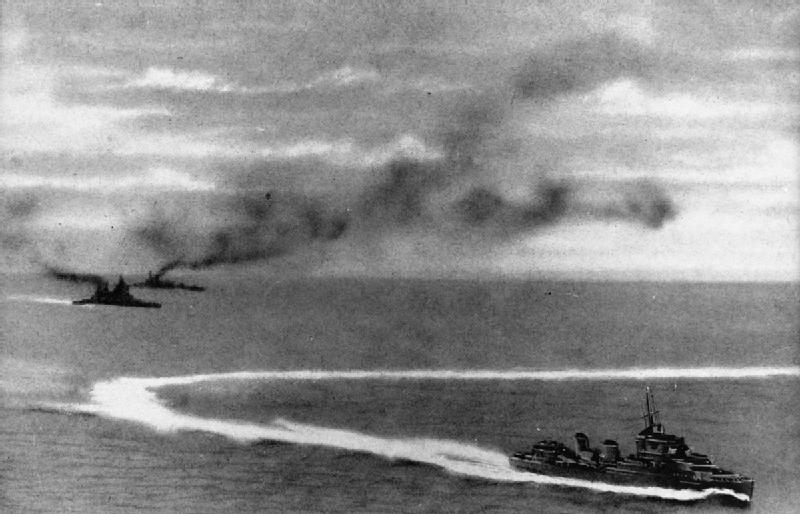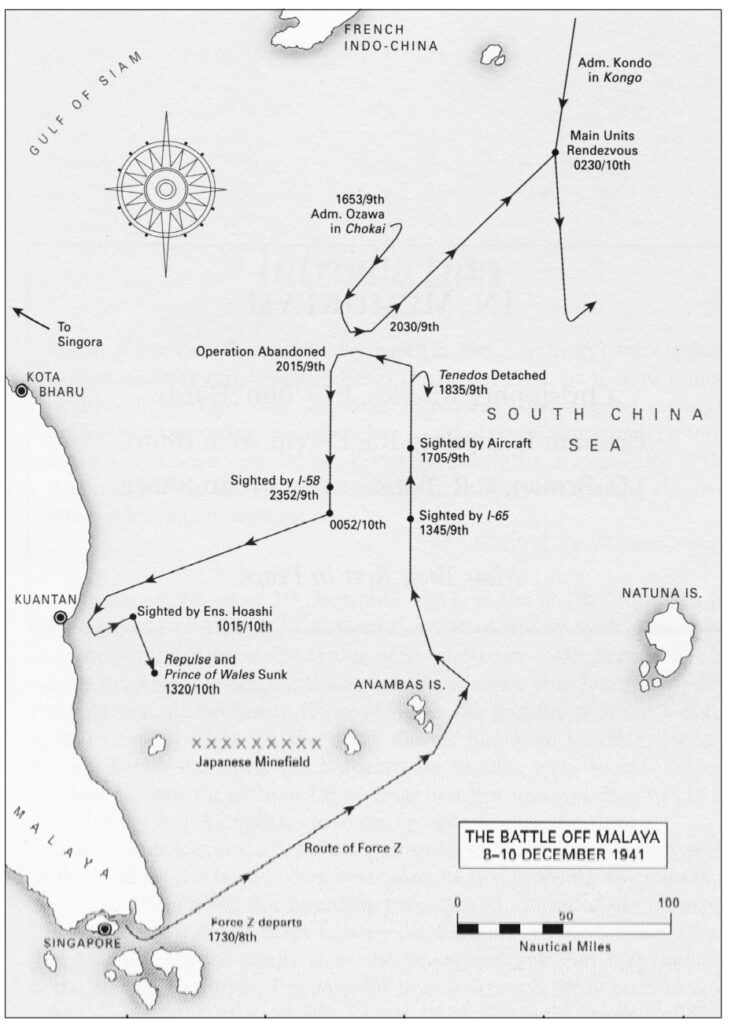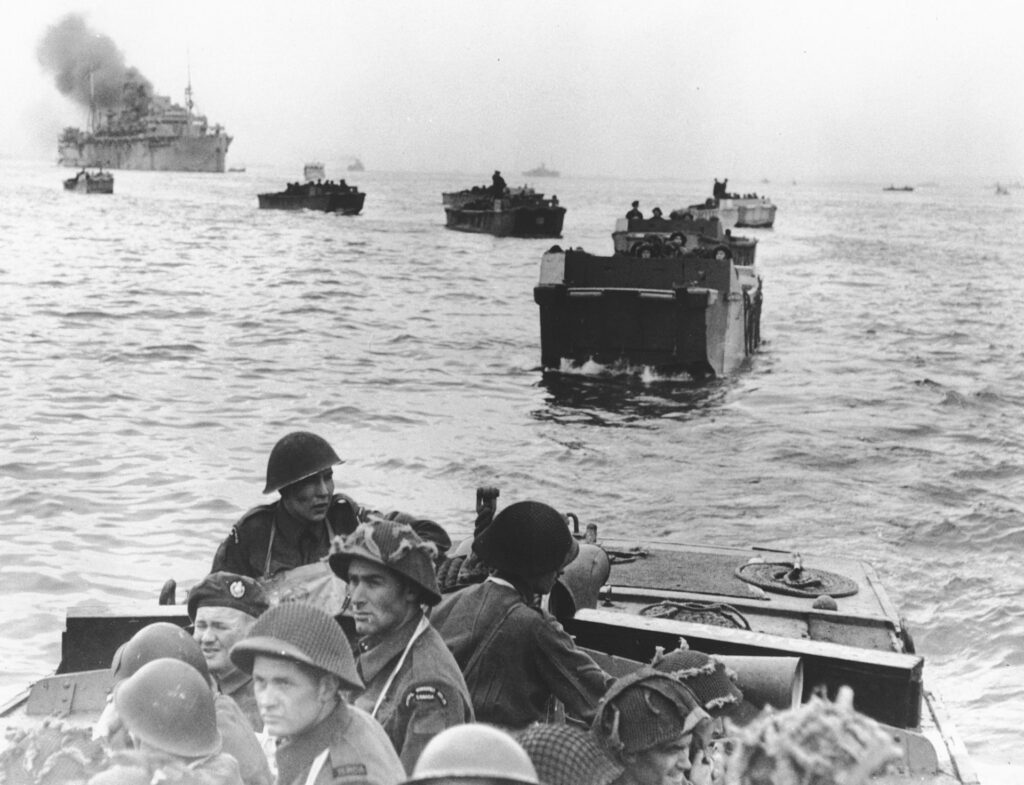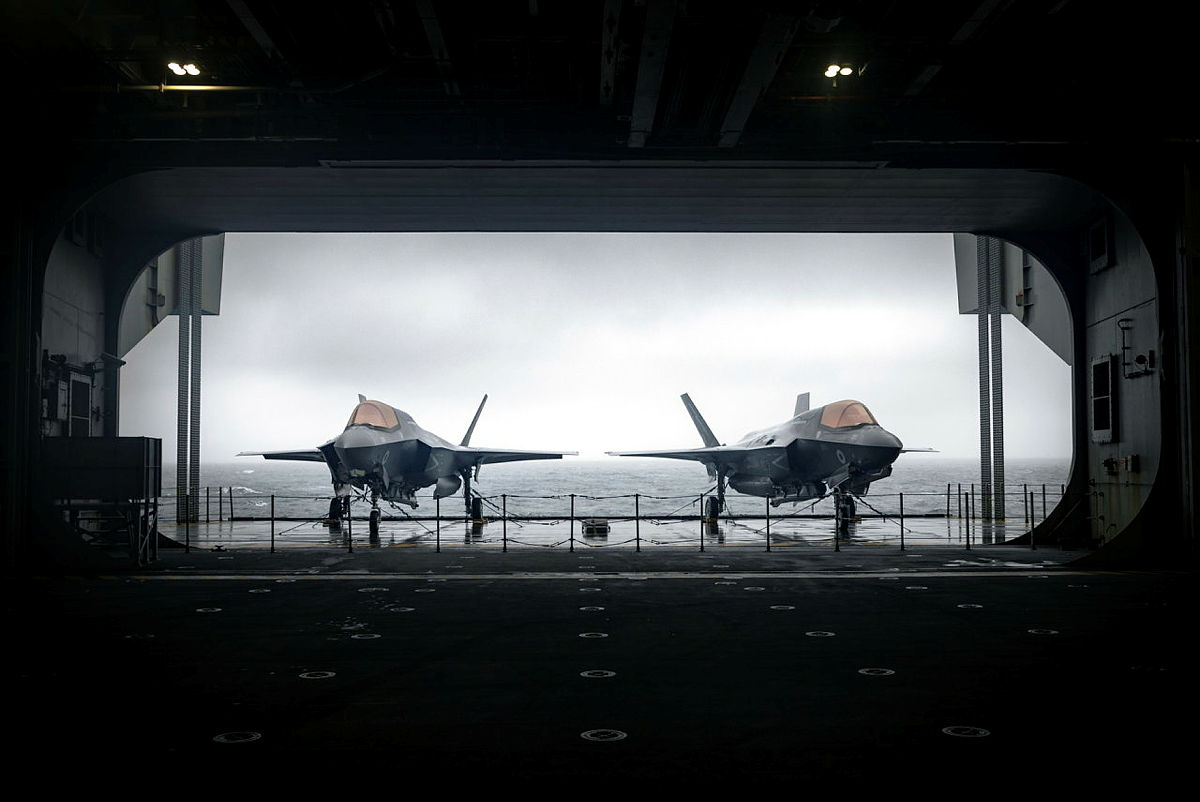
News & Views
News, Articles and Comment
The latest news and views in the UK Military Maritime Arena.
Showing all
The Founders of The Naval Review
Ed. RAdm James Goldrick RAN provided the first chapter to the NR’s centenary publication, Dreadnought to Daring (2012), in which he conducted a prosopographical study of the Naval Review’s founders. A 50 minute read.
Maximilian Reichsgraf von Spee (1861–1914): The Face of German Colonial Sea Power
Ed. This article, drawing on German-language sources, presents a fresh biographical sketch of Maximilian von Spee’s naval career, a man of his time who realistically embodied German sea power, in the Mahanian tradition, until his demise at the Falkland Islands on 8 December 1914. A 20 minute read.
The trouble with the Future Commando Force
Ed. The author criticises the Future Commando Force (FCF) concept as a narrow misreading of the Royal Marines’ traditional combined arms and amphibious roles. A 20 minute read.
Letter to the Editor: The Fate of Force Z
Ed. Bruce Pascoe responds to Arthur Nicholson, with specific regard to the enigma of Phillips’ decision-making and failure to radio for air support during the Malay oki kaisen.
Letter to the Editor: A Reply to ‘Admiral Tom Phillips and the final command of Force Z’
Ed. Our correspondent, an expert on the fate of Force Z, responds to Bruce Pascoe’s analysis of Admiral Tom Phillips’ decision-making during the Malay oki kaisen.
Why did the Anglo-Canadian landings on the Normandy coast on 6 June 1944 proceed in a more straightforward manner than the US operation against Omaha beach?
Ed. The author considers explanations for the disparity in casualty figures between the Allied landing zones during Operation NEPTUNE. A combination of command over-confidence, improper use of specialized equipment, and ineffective fire support are all evident. A 5 minute read.

